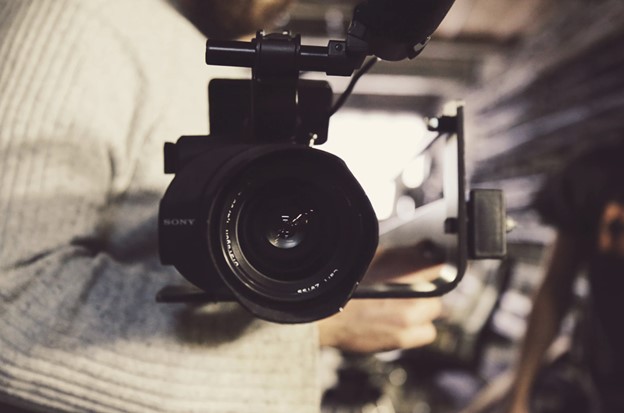The First Amendment of the United States Constitution enshrines the fundamental right to a free press. This right extends to student publications, but its application within the unique environment of schools often raises complex questions.
In order to properly discuss the First Amendment in regard to student press, we must first define exactly what rights student journalists have.
Firstly, student journalists have the right to express their opinions and ideas on various topics, including those critical of school policies or controversial in nature. Also, school officials cannot simply censor student publications based on disagreement with their content – restrictions must be based on specific justifications, such as libel, obscenity, or speech that materially disrupts the educational environment. Remember that this can vary depending on the format of the text. A yearbook is an example of student press, but those are often far more restrictive than an independent newspaper that operates on campus.
These rights weren’t always totally undisputed – in fact, if you’ve taken U.S. History, you’ve probably heard of the 1969 Supreme Court case Tinker v. Des Moines. During the Vietnam War, many students who disagreed with the government’s decision to engage in warfare protested by wearing armbands to school; this was met by significant opposition from the school. This landmark case established that students do not shed their First Amendment rights at the schoolhouse gate, but that schools could impose restrictions to prevent disruption.
Student reporters have a plethora of rights, but they also have a massive responsibility. As members of the school community, these journalists are directly responsible for the proper reporting of important news events and information. Student reporters have a responsibility to verify information, attribute sources, and avoid plagiarism. While they aren’t supposed to be controlled by the school officials, it is often useful for students to have clear communication with leadership and the larger community in order to safely navigate potential conflicts and create a healthy environment for free expression.
Journalists hold the incredible power of sharing news; student reporters get to see the impact of their writing every time they walk into the school building. It’s important to know the rights afforded to student press, and we hope that you’ll appreciate learning about them.


